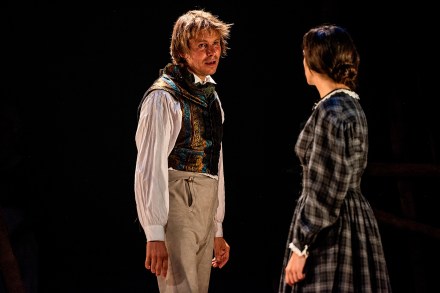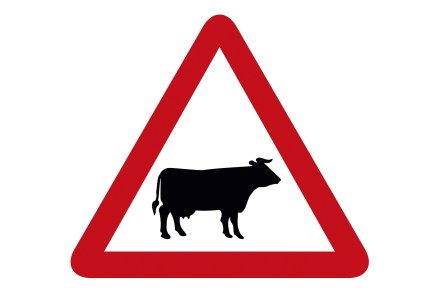What’s an art form that feels unpopular and pointless, but isn’t?
How did the universe begin? Did the great god Bumba vomit us up, as the Kuba believe? Or did we emerge, as the Navajo think, from a cloud of coloured mist? Or do we listen to the ancient Egyptians who thought the curtain opened on a giant cobra slithering across the oceans? Perhaps it starts with a computer screen: Milky Way wallpaper, a folder labelled ‘History_Of_Universe’ and a sharp intake of breath. That’s how one of the great video artworks of the 21st century begins anyway. This summer New York’s Museum of Modern Art uploaded Camille Henrot’s ‘Grosse Fatigue’ (2013) to its YouTube channel. It gives you the birth of




















